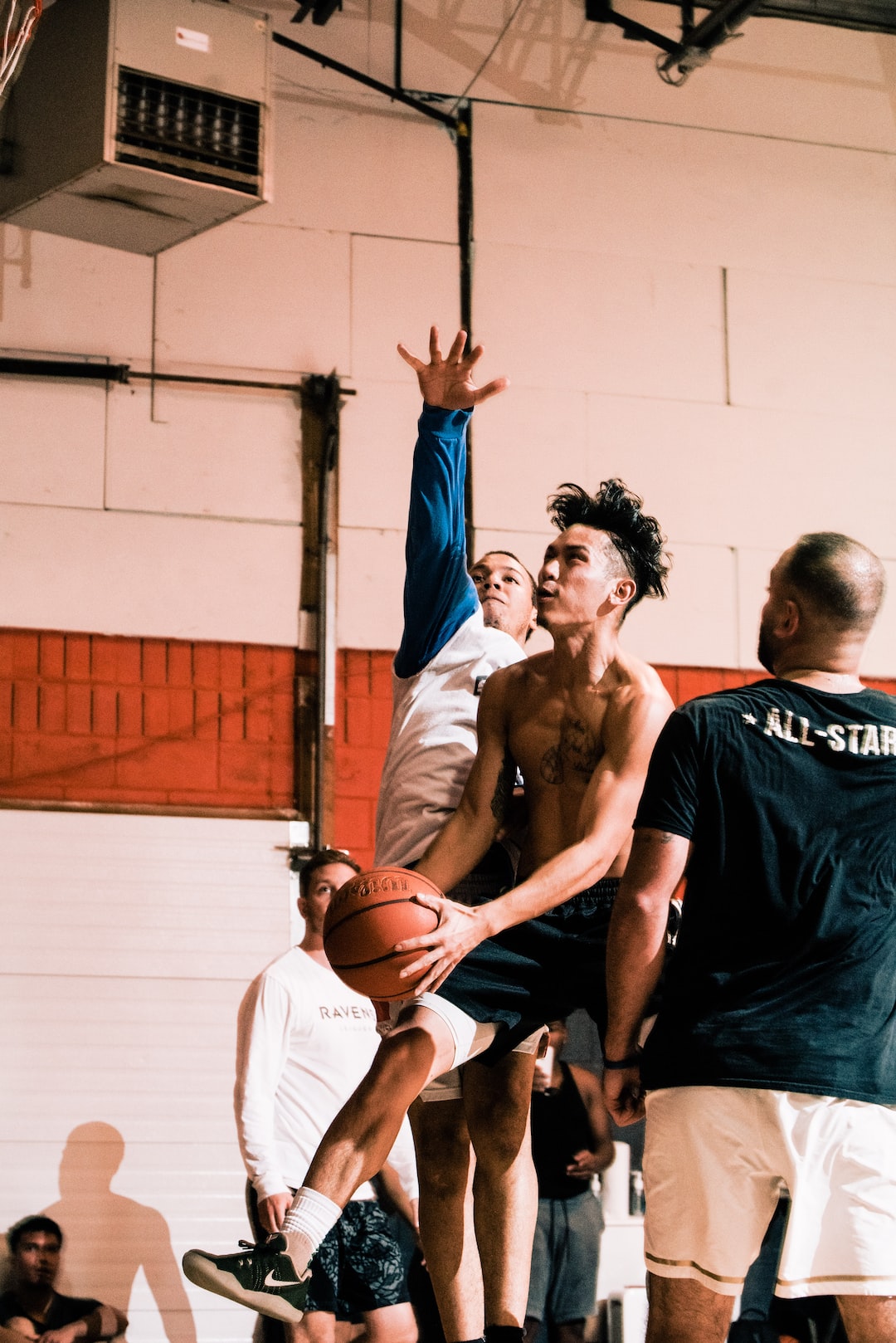High-intensity sports require athletes to perform at the highest level for prolonged periods. This places a tremendous amount of strain on both their mind and body. In order to be successful in these sports, elite athletes must develop a range of mental and physical strategies that help them optimize their performance. In this article, we’ll explore some of the most effective mental and physical strategies for achieving elite performance in high-intensity sports.
Mental Strategies for Elite Performance
Mental toughness is essential in high-intensity sports. Athletes must be able to remain focused and resilient, despite the pressure of competition. Here are some mental strategies that elite athletes use to optimize their performance:
1. Visualization
Visualization involves picturing success in one’s mind. Elite athletes use visualization to help them practice and improve their skills. They use their imagination to create clear, vivid images of the techniques they’ll use in competition. This helps them prepare mentally for the task at hand.
2. Self-talk
Self-talk is the use of positive affirmations to build confidence and keep oneself calm. Elite athletes practice positive self-talk, repeating mantras like ‘I am strong’ or ‘I can do this,’ to help them stay focused and optimistic during competition.
3. Goal Setting
Setting specific, measurable goals is an important strategy for elite athletes. Goals give athletes a clear sense of direction and purpose. They also help athletes maintain motivation and stay focused during long, grueling training sessions.
Physical Strategies for Elite Performance
Physical fitness is key to success in high-intensity sports. Elite athletes must be strong, agile, and able to perform at a high level for extended periods. Here are some physical strategies that elite athletes use to optimize their performance:
1. Functional Training
Functional training involves performing exercises that mimic the movements and demands of the sport in question. This helps athletes build the specific strength and endurance they need to be successful in competition. Elite athletes often use functional training to target the specific muscles and energy systems required for their sport.
2. Nutrition
Proper nutrition is critical for athletic performance. Elite athletes work with nutritionists and dieticians to ensure they are eating a balanced diet that supports their high-intensity training. This may include consuming more protein to build muscle or eating specific foods to fuel endurance.
3. Recovery
Elite athletes must take steps to allow their bodies to recuperate after grueling training sessions or competitions. This may include activities like stretching or yoga to improve flexibility and prevent injury. It may also involve massage or other forms of physical therapy to help muscles recover and repair.
Conclusion
Achieving elite performance in high-intensity sports requires a combination of mental and physical strategies. Elite athletes must develop focus, resilience, and confidence, as well as strength, endurance, and agility. By combining mental toughness with functional training, proper nutrition, and effective recovery techniques, athletes can position themselves to perform at the highest level.
